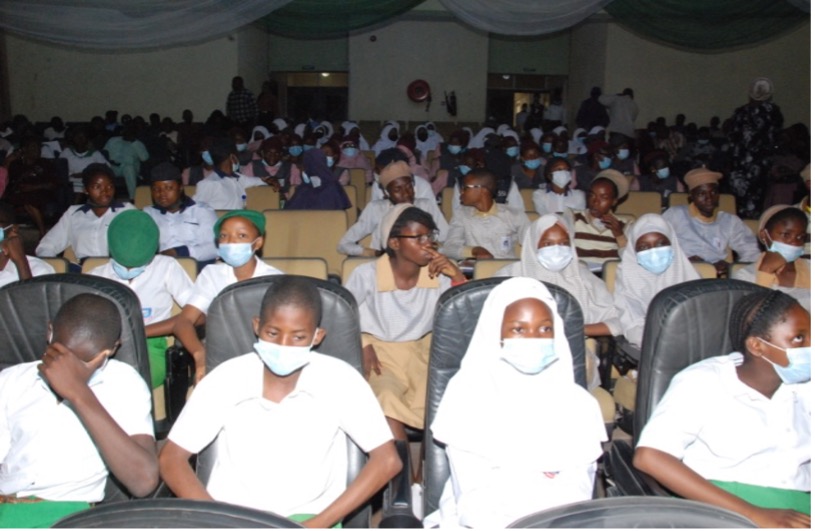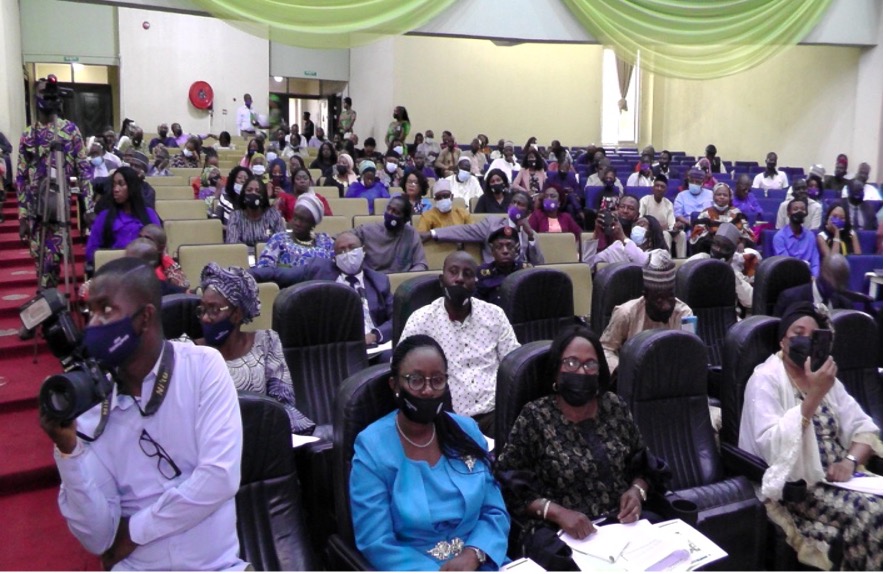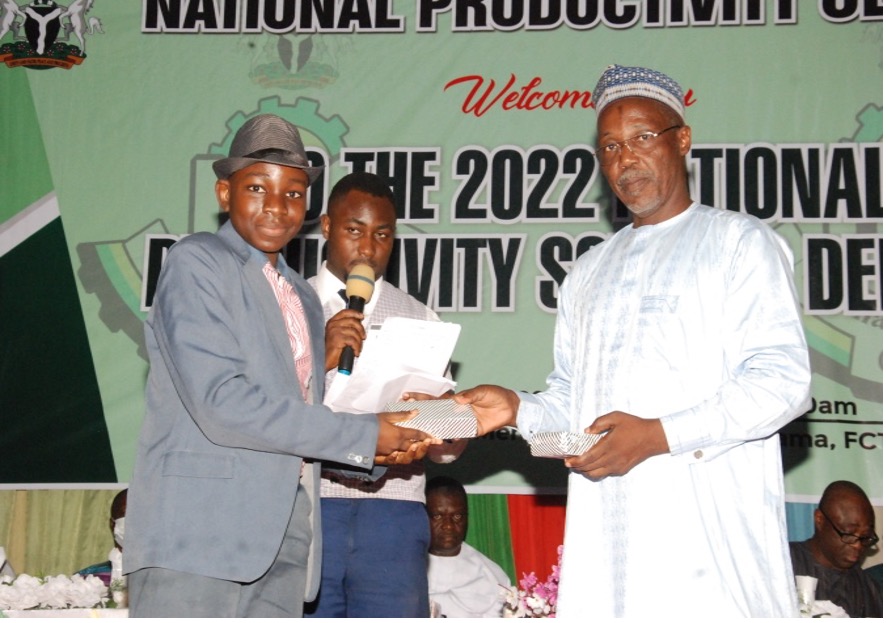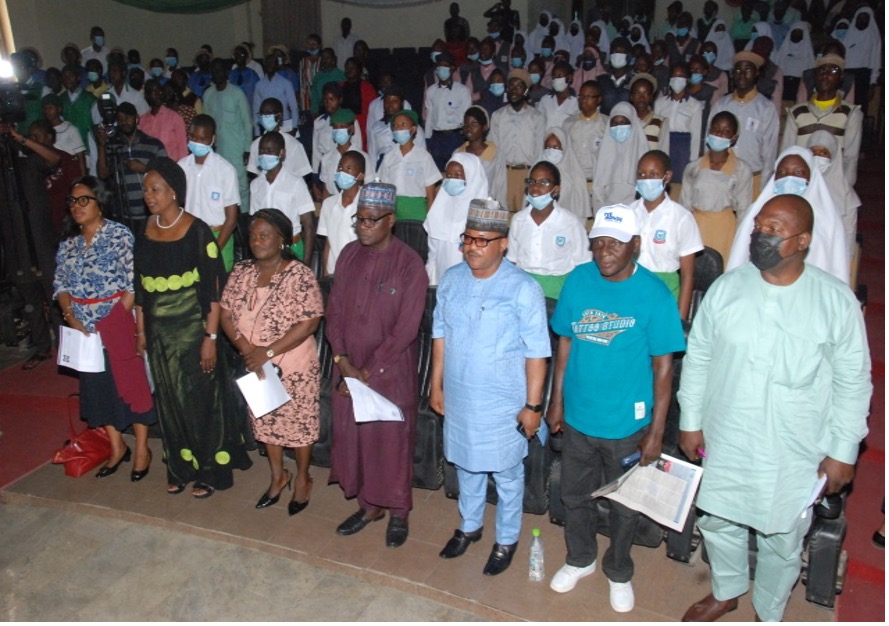Productivity Promotion and Advocacy
CONCEPT NOTE /INTRODUCTION
The need to advocate for productivity in every nation serves various purposes such as driving the productivity movement initiative, establishing the presence of the National Productivity Organization (NPO) and creating the right platform for implementing productivity improvement activities. The National Productivity Centre in its bit of arousing the productivity consciousness and engaging the citizenry towards productivity improvement and socio-economic development evolved a robust productivity promotion and advocacy initiatives that encompasses all spheres and sectors of the economy.
The Productivity Promotion and Advocacy of the Centre engages the stakeholders and clients of the organization to seek and gain adequate support for engagements and activities across the nation. The programme has as its main goal the creation of awareness and increasing the consciousness level for proper engagement of the knowledge and application of tools and techniques. The Progamme has various initiatives that targets specific section of the society and sector.
The Productivity Promotion and Advocacy Programme has the following initiatives:
- Foundation Day Lectures (FDL)
- Productivity Awareness Campaign (PAC)
- Productivity Coaching and Mentoring (PCM)
- Productivity Half Hour (PHH) on Radio and Television
- One Stop Productivity Clinic (OSPC)
- Productivity Walk (PW)
- National Productivity Day (NPD)Celebration
RATIONALE/RELEVANCE OF THE PROGRAMME
The understanding and application of productivity is only possible through awareness and knowledge. The need to educate Nigerians on the basic meaning and application of productivity becomes imperative. The initiatives that can aid the interaction and engagements of the Centre with Nigerians of all work of life to sensitize them on the importance of productivity is at the core of this programme.
The Initiatives provides the opportunity for organizations and individuals to learn the best productivity practices in the world with the aim of domesticating them for improvement. The Programme also helps the Centre to bring together various people for productivity discourse and knowledge co-creation and sharing for the purpose of learning and practicing productivity. The programme helps to promote the productivity and performance of Nigerians in all works of life where lectures and promotional materials are utilized. The programme also helps to improve the productivity and efficiency through day to day application of what is taught and leant. Through the instrumentality of the Coaching and Mentoring initiative of the programme, clubs are established in secondary schools while young minds are mentored to become productivity champions early in life.
TARGET SECTORS/’CLIENTS AND CUSTOMERS
We engage Nigerians in all works of life both in Public and Private Sector. Specifically we have: Schools, Ministry, Departments and Agencies (MDA), Private Companies and Youths.
IMPLEMENTATION PROCESS/HOW IT WORKS
The Programme is implemented through the various initiatives with unique processes as follows:
- Foundation Day Lectures (FDL)
IMPLEMENTATION
- Enlisting and soliciting for Productivity Experts from a overseas as a resource person who shares the experiences of other nations in their struggles for higher productivity and promotion of productivity movement
- Invitation of Stakeholders and the general public
3. Education and message of productivity through technical paper presentation is delivered to participants. - The Technical Paper discussants sterilize and analyze salient points emanating from the technical paper.
- Drafting of communiqué for the policy makers and public consumption
- Productivity Awareness Campaign (PAC)
IMPLEMENTATION
The Initiative is implemented through Ministry, Departments and Agencies (MDA) Awareness lectures, National Youth Service Corps (NYSC) Awareness Lectures, Teachers Awareness Lectures, Productivity Coaching Mentoring (PCM) and Foundation Day Lectures (FDL). It is implemented through the use of Productivity lectures, jingles, debates, commentaries, advertisements, press briefings, interviews, drama, posters and spotlights on the mass media such as TV, radio, newspapers, magazines, productivity News and billboards.
- Productivity Coaching and Mentoring (PCM)
IMPLEMENTATION
- Approval for PCM
- Joint Implementation Committee from the Centre education board and the school authority
- First and Second Paper Delivered
- Formation of Productivity Club
- Mentoring and Monitoring of the School Clubs
- Conducting of Inter-School Debates on productivity
- Productivity Half Hour (PHH) on Radio and Television
IMPLEMENTATION
- Air time on Radio and Television
- Selection of Productivity Consultants for Discussion
- Broadcast of Programme on air
- One Stop Productivity Clinic (OSPC)
IMPLEMENTATION
- OSPC space in the office
- Online interaction through social media
- Call Centre Interactions
- Invitation to Trade and Job Fairs for a stand
- Sharing of Knowledge on productivity tools and techniques
- Productivity Walk (PW)
IMPLEMENTATION
- Planning and Route Mapping
- Development of Materials and Flyers
- Walk and Distribution of Materials for Awareness Creation
- National Productivity Day (NPD)Celebration
IMPLEMENTATION
- Planning
- Productivity Walk
- Symposium/Award Lectures
- Exhibition of Made in Nigeria Goods
- Conferment of National Productivity Order of Merit (NPOM) Award on deserving individuals and organization.
IMPACT OF THE PROGRAMME
The Programme through its various initiatives has increased the consciousness for productivity in Nigeria. It has exposed workers, students, youths, individuals and organizations with basics of productivity and the acceptance for the engagement of the improvement activities through the tools and techniques.
Basic knowledge and skills from the trainings has improved the efficiency of workers and the awareness of productivity implications in their work life. Improved productivity and value for work in various organizations across the country.






